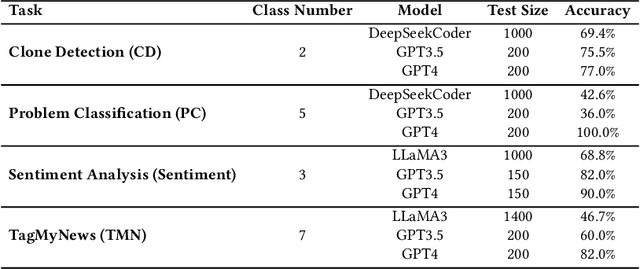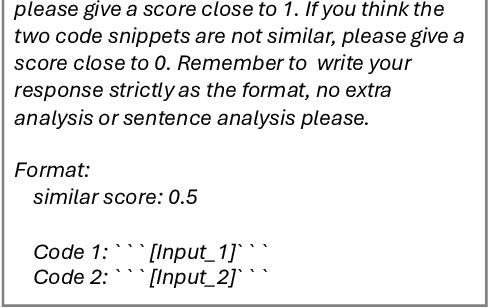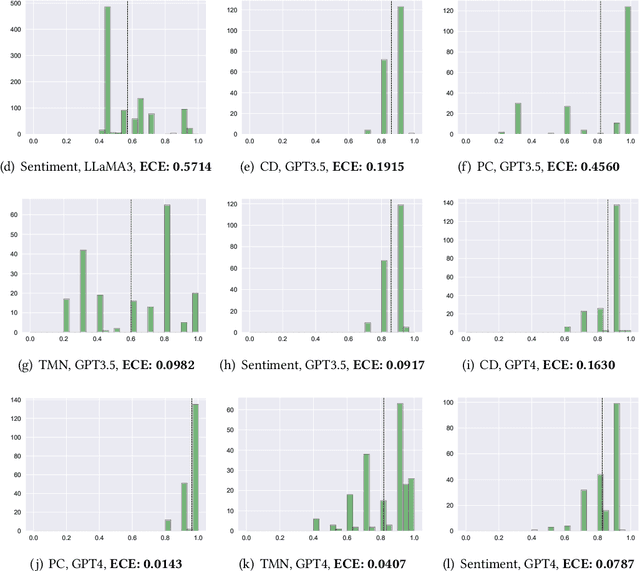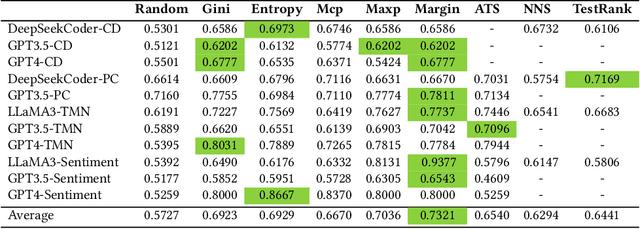Enhancing Fault Detection for Large Language Models via Mutation-Based Confidence Smoothing
Paper and Code
Apr 14, 2024



Large language models (LLMs) achieved great success in multiple application domains and attracted huge attention from different research communities recently. Unfortunately, even for the best LLM, there still exist many faults that LLM cannot correctly predict. Such faults will harm the usability of LLMs. How to quickly reveal them in LLMs is important, but challenging. The reasons are twofold, 1) the heavy labeling effort for preparing the test data, and 2) accessing closed-source LLMs such as GPT4 is money-required. To handle this problem, in the traditional deep learning testing field, test selection methods have been proposed for efficiently testing deep learning models by prioritizing faults. However, the usefulness of these methods on LLMs is unclear and under exploration. In this paper, we first study the effectiveness of existing fault detection methods for LLMs. Experimental results on four different tasks~(including both code tasks and natural language processing tasks) and four LLMs (e.g., LLaMA and GPT4) demonstrated that existing fault detection methods cannot perform well on LLMs (e.g., seven out of eight methods perform worse than random selection on LLaMA). To enhance existing fault detection methods, we propose MuCS, a prompt Mutation-based prediction Confidence Smoothing method for LLMs. Concretely, we mutate the prompts and compute the average prediction confidence of all mutants as the input of fault detection methods. The results show that our proposed solution significantly enhances existing methods with the improvement of test relative coverage by up to 97.64%.
 Add to Chrome
Add to Chrome Add to Firefox
Add to Firefox Add to Edge
Add to Edge